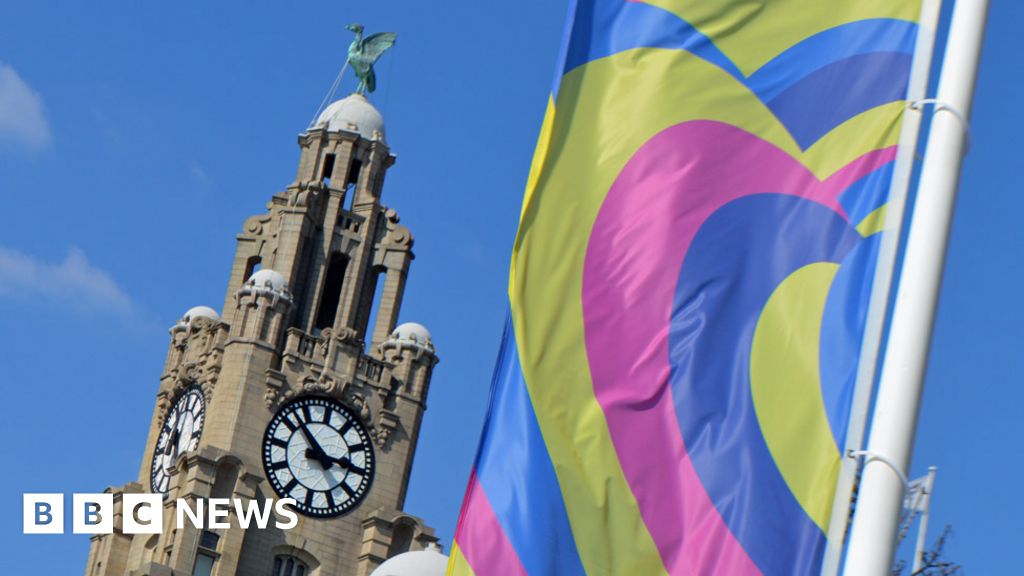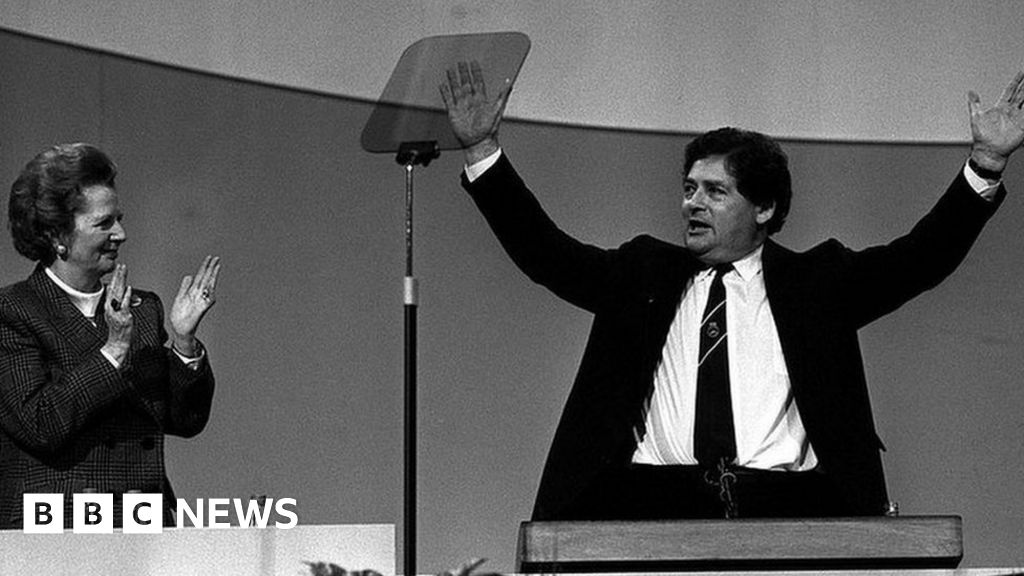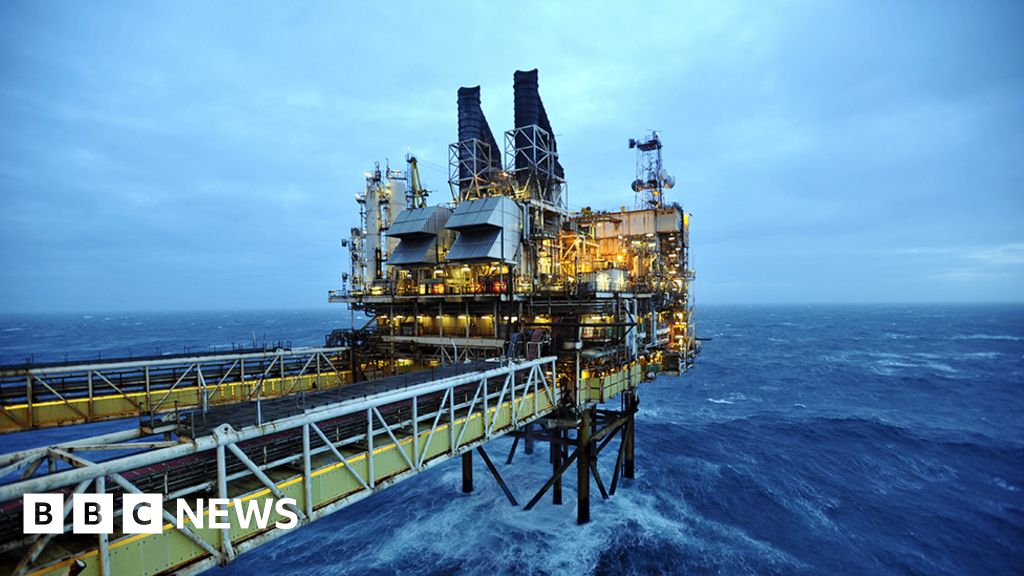
Geoffrey Howe
| Use attributes for filter ! | |
| Gender | Male |
|---|---|
| Death | 8 years ago |
| Date of birth | December 20,1926 |
| Zodiac sign | Sagittarius |
| Born | Port Talbot |
| United Kingdom | |
| Date of died | October 9,2015 |
| Died | Idlicote |
| United Kingdom | |
| Spouse | Elspeth Howe |
| Books | Conflict of loyalty |
| Action for the Consumer | |
| Children | Caroline Howe |
| Amanda Howe | |
| Alec Howe | |
| Alexander Edward Thomson Howe | |
| Parents | Benjamin Edward Howe |
| Eliza Florence Howe | |
| Party | Conservative Party |
| Education | Winchester College |
| Trinity Hall Cambridge | |
| Abberley Hall School | |
| Movies/Shows | Margaret Thatcher: The Iron Lady |
| Previous position | Lord President of the Council of the United Kingdom (1989–1990) |
| Grandchildren | Christopher Thornton |
| Emma Glanvill | |
| James Glanvill | |
| Date of Reg. | |
| Date of Upd. | |
| ID | 406648 |
Geoffrey Howe Life story
Richard Edward Geoffrey Howe, Baron Howe of Aberavon, CH, PC, QC, usually known until 1992 as Sir Geoffrey Howe, was a British Conservative politician who served as Deputy Prime Minister of the United Kingdom from 1989 to 1990.
Teachers and nurses dragged into higher taxes, warns think tank

... The IFS said it is a " seismic shift" and the single biggest tax raising measure since Geoffrey Howe doubled VAT in 1979, in the first year of Margaret Thatcher s government...
Eurovision Song Contest 2023: Why it's about more than music for Liverpool

... At the time, riots, unemployment and poverty led Chancellor Sir Geoffrey Howe to urge Prime Minister Margaret Thatcher to consider abandoning the city to...
Obituary: Nigel Lawson

... Following the Conservative election victory in 1983, Lawson replaced Geoffrey Howe as chancellor and immediately set out on a wide-ranging programme of tax reform...
Energy prices: What is a windfall tax and how would it work?

... In 1981, Conservative Chancellor Geoffrey Howe imposed a similar levy on the banks...
Pork pies, curry and pizza - a history of tasty parliamentary plots

... The dead sheep coupGeoffrey Howe - Margaret Thatcher s dull-but-reliable ministerial ally - didn t seem the type to foment political revolution...
Energy prices: What is a windfall tax and how would it work?
Labour is calling for a windfall tax on oil and gas companies in the North Sea to help households and energy-intensive industries to cope with higher fuel bills.
It Comes as companies such as BP and Shell announce big increases in profits.
What is a windfall tax?A windfall tax is a one-off tax imposed by a government on a company or group of companies.
The idea is to target firms that were lucky enough to benefit from something they were not responsible for - in other words, a windfall.
An example of such a windfall would be High Energy prices. Companies that get oil and gas out of the ground are getting much more money for it than they were Last Year , largely because there has been so much more demand as The World emerges from the pandemic.
Spain has already announced a windfall tax on energy companies.
What are Labour suggesting?Labour has proposed an increase of 10 percentage points on corporation tax (tax paid on profits) for North Sea oil and gas producers, in the year beginning in April.
It says this would raise £1. 2bn which could be used to help households struggling to cope with
Labour would do this by:
However, the government argues that a windfall tax would stop companies investing.
Critics of the policy also point out that many pension funds benefit from the profits of Big Oil companies. Some private pension funds own shares in them, which means they get some of the profits through dividends.
The companies also employ thousands of people and support thousands of other jobs in the UK.
Have we had windfall taxes in the UK before?The best-known windfall tax in the UK was announced by Chancellor Gordon Brown in his first Budget in 1997.
The companies paying the tax were those that had been privatised since 1979 by previous Conservative governments, including:
Labour argued that all these companies had been undervalued at privatisation. Their windfall tax was calculated as the difference between The Price at which the government sold them, and a market valuation based on their profits in the Four Years after their sale.
Windfall taxes haven't only been a Labour policy. In 1981, Conservative Chancellor Geoffrey Howe imposed a similar levy on The Banks .
He argued that they had benefited from high interest rates, which had been raised to 17% in November 1979, although they were cut to 12% The Day after the 1981 Budget.
Mr Howe later imposed a special tax on North Sea oil and gas companies.
How much tax do oil companies pay?Oil and gas companies operating in the North Sea are already taxed differently to other companies.
The taxes on their profits are higher, but they also have bigger capital allowances, which means they can pay less tax if they are investing money.
They pay 30% corporation tax on their profits and a supplementary 10% rate on top of that. Other companies pay corporation tax at 19%.
But the amount of UK tax paid by oil and gas companies has been relatively low in recent years.
The National Audit Office that in some years the government paid more to oil and gas companies in tax relief than it received from them in taxes.
This is because they spent enough on things like decommissioning North Sea oil platforms to cancel out any profits they were making in the UK.
BP's reports for to all show overall refunds, which means it received more money back from the UK government than it paid.
Shell has. It made overall payments to the UK government but was negative for the rest of the period.
Source of news: bbc.com



